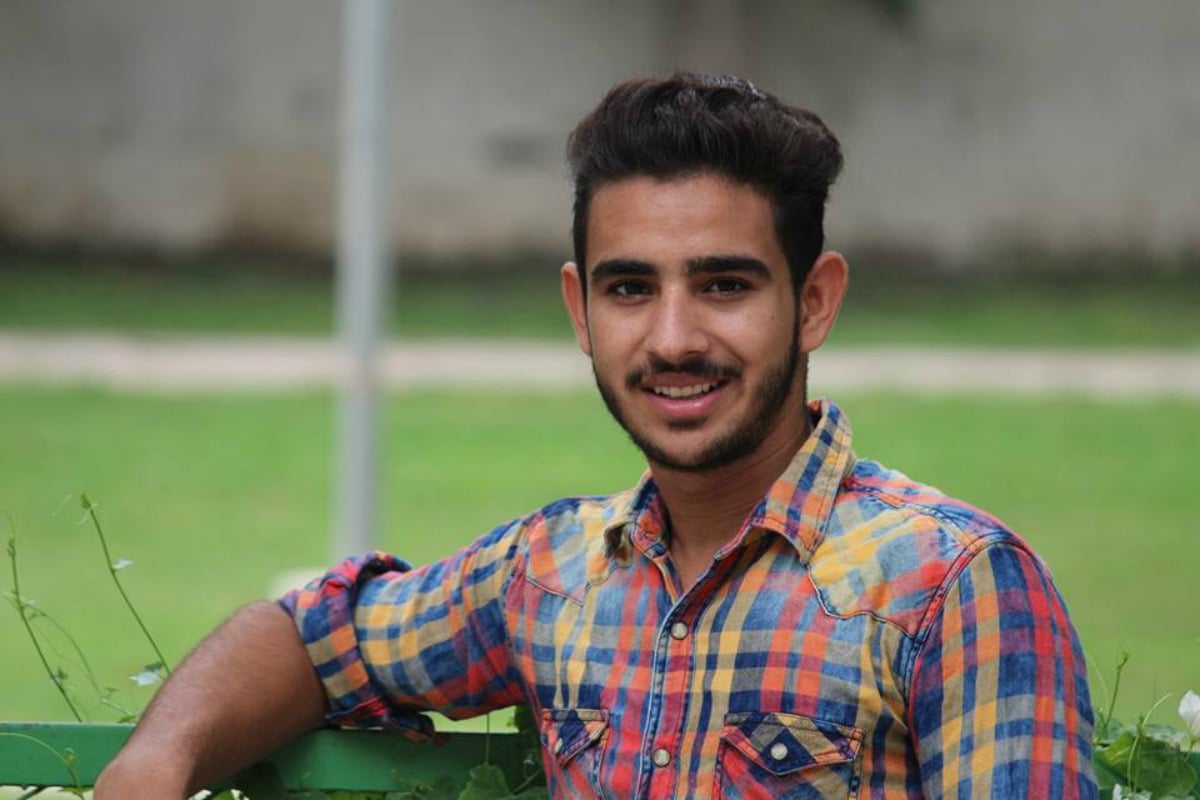
-With AAP.
1. “There was hope we would find him.” Body of missing student discovered in Victorian bushland.
Missing for days after an argument with mates at a Victorian country pub, Indian student Poshik Sharma has been found dead in bushland.
Police on Monday said there were no suspicious circumstances surrounding the 21-year-old’s death.
His body was found near Marysville, northeast of Melbourne.
“There is no suggestion of foul play. We don’t believe there were any suspicious circumstances,” police Inspector David Ryan said.
“There was hope we would find him. I believed he was back in Melbourne, not wishing to engage with anybody. I didn’t think for a minute that we would find him deceased.
“It is very disappointing.”
Sharma had not spoken to family or friends, used his phone or social media since he disappeared.
Insp Ryan told ABC Radio police believed from a witness account that Sharma had attempted to hitchhike away from Marysville back to Melbourne.
Sharma was reported missing after he left the Duck Inn pub at about 4.30pm on Thursday after an argument with friends.
Police had been concerned for his welfare given the amount of time he’d been missing and the run of cold overnight temperatures.
A dam was drained, with a walking track and bushland searched to try to find him.
A witness told investigators Mr Sharma was seen attempting to hitchhike away from Marysville back to Melbourne.
